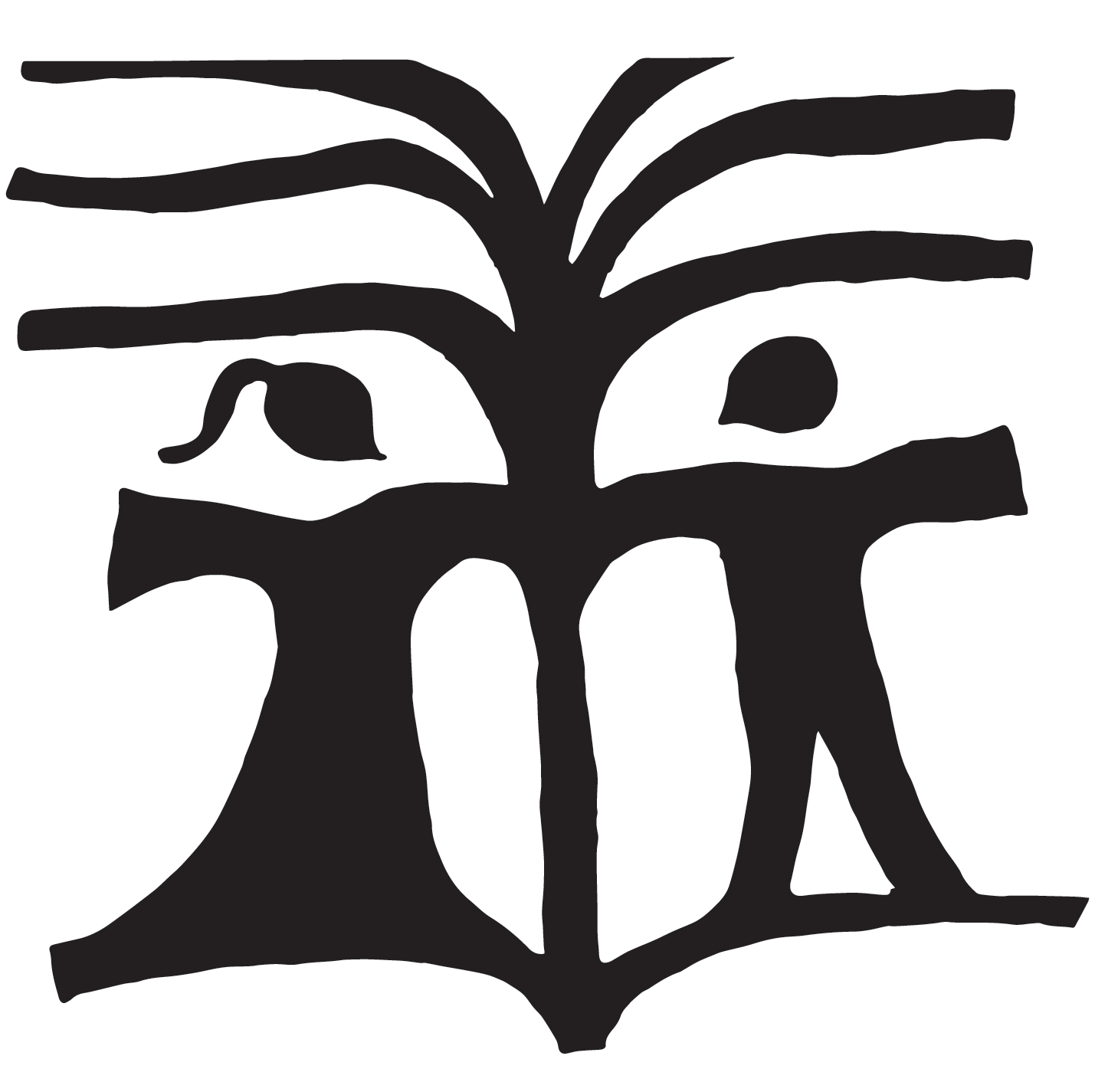Reflections/Poems
Benjamin Saltman
The following comes from Vol XIV/II & XV/I (1996): Poets & American Jews: A Collection of Poetry & Personal Reflections (15th Anniversary):
Reflections
It has not always been this way, but we have arrived at a condition in which ethnicity is disappearing because of its very presence. To be a Jewish writer or a Chicano, Native-American, African-American, or Asian-American writer has become less marginalized, less distinct, because we have become more and more a country, even a world, aware of difference, discrimination and oppression. In spite of backlash, the spirit of diversity continues to capture the world. There is no generically "American" writer, no "Great American Novel," and there never will be; we are all regionalists, we all have an ethnicity out of which we write, whether we disguise it or not, or even when we do not perceive that it exists. I write as a Jew and this singles me out just as Faulkner is singled out as a Southern writer. At one time we amused ourselves by believing that Iowans or Ohioans were "American," forgetting that their ethnicity was real though ill-defined because of an American fantasy that there was an essential America. Even if we were a people united, and that is doubtful, we are not one people.
I feel at home in this environment. I also acknowledge that as a poet I must speak to a small audience - I imagine there are more bowlers than people who read poetry. Yet even this audience reaches beyond ethnicity. Charles Reznikoff was a Jewish writer, Gerald Stern and Philip Levine are Jewish writers, but their audience, of course, is not confined to Jews. In my poems I do not address Jews only, but I write out of an experience colored by my identifications with the place of my birth, Pittsburgh, with my immigrant father and mother, with the Yiddish I heard as a child and would not speak, with my religious restlessness, with wife and children and friends, with my reading of Dostoyevsky, Tolstoy, Flaubert, I. B. Singer, Garcia Marquez, Mandelstam, Rilke, Garcia Lorca, Tillie Olsen, Yeats and Whitman and Dickinson, Yehuda Amichai, Ginsberg, Richard Wright and James Wright. I write out of who I am colored by, from which I am not distinct. I have written a sequence based on Buddhist statuary, and other poems in which no ethnic "tags" appear as signs to identify ethnicity. Is my sensibility or style Jewish? I don't know, and I certainly don't want to infuse my work with a self-consciously Jewish sensibility or language. I think most of us would agree that Death of a Salesman is Jewish in its way, though ethnic signals do not appear obviously in that work. The "Jewish" we must have is insight and difference.
Poems
Old Jewish Cemetery in Boyle Heights
Some of the headstones lie down,
they're hungry and night is still trapped in them,
an old man in a grey coat
at a table in a cafeteria leaning over.
Grass grows out of his shoulders.
I'm here looking for my wife's mother
from row to row,
spray-painted swastikas on the stone wall;
above quiet conversation, the slow roots.
Whoever pisses in crypts, who pries
enamel photos off granite
is gone this cool morning
but the grass flutters slightly, the indecipherable
torahs and stars' old dough and salt
under the pink light that flickers above the wall.
The small thin stones of babies' graves
settle in one corner.
"Bernice." I find her,
resonant strings below ground, smell
of smothered underwear,
Husband and Father, Wife and Mother,
Beloved Daughter,
and there on her knees like a Christian
a woman arranging a few flowers.
The shadows are sweet sticky wine,
and the smell of stale challah when the crust is iron
rises from the stone near "Bernice"
thrown backward in the ground.
These slabs, cursors flashing on a green screen,
ambivalent sizzle of damp green,
in a tumbled cemetery
on a morning without pain.
Moving Day
May 1, 1947
Suddenly they all moved out, a mirror broke
and hand in hand they flew away.
What did they leave but chicken feathers? Messages
torn from slatted trucks headed for Fontana
and prosperity. The cars lifted white leaves,
ashes that covered the future.
new tenants put on the hollowed eyes they found
because the war was over an the stars on velvet
faded from windows on Malabar and Mott Streets
and mothers no longer talked Yiddish to the radios.
The sign over the pickle barrels at Everybody's Market
on Brooklyn still offered "A SHTIKL FOR A NICKEL"
desperately
to Rogoffs heading for Encino, Schneiders sailing
to Van Nuys. They packed their bits of bone
china in the news from Europe.
Mexican flag and the All Nations' Center
cover the aluminum ashes of the Max Straus Hall
The boys and girls stopped dancing, their skin
blackened and they drifted
eyes dim and open away.
And the women in Brooklyn Avenue with downturned eyes
and secret legs said, "I wouldn't give a penny for
these rolls."
"Goodbye," "You'll write?" "We'll call," and disappeared
as if the buildings shattered, left tattered air,
torn lapels., curtains flared in windows.
Pads muffled the made furniture
leaving with Al's Moving and Storage
as Boyle Heights rose to float
into echoing vans full of smiles.
Mariscos and the dark insides of El Chamizal,
where children weep quietly below the counter.
Down every block the moving trucks passed
and the streets trembled.
For a full table of contents from this issue, click here. Two other issues featuring Benjamin Saltman are Vol X/II (Dec 1991): In Search of a Jewish Aesthetic and the Poetry of Benjamin Saltman and Vol XIX/I (2000): Poetry of Patty Seyburn and Remembering Benjamin Saltman
